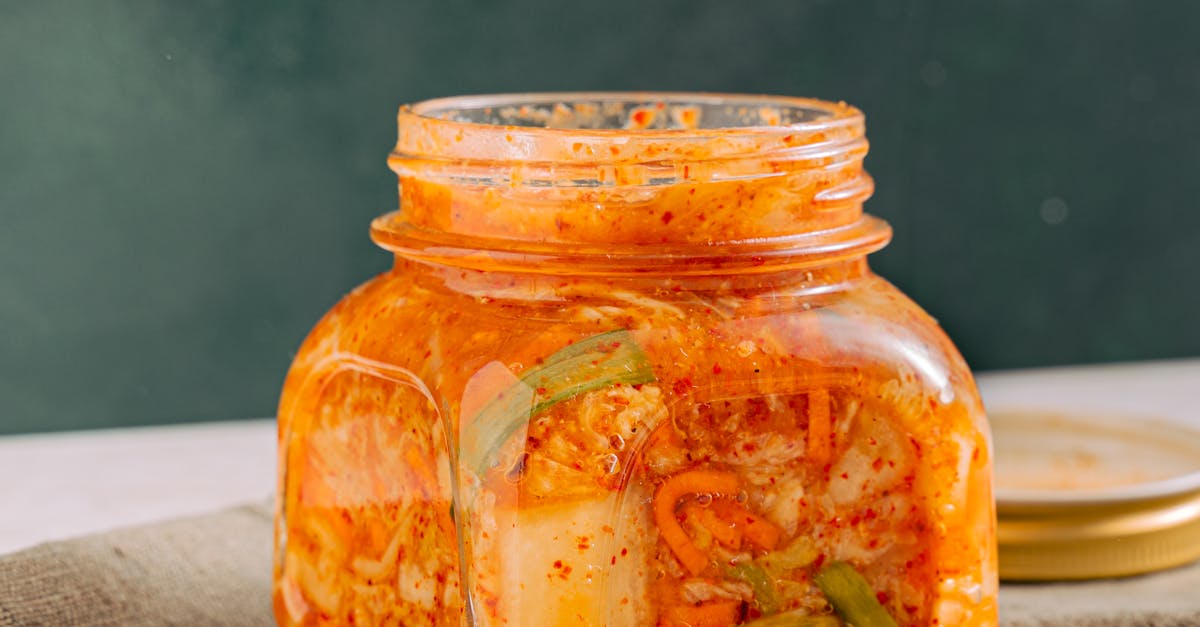
Is Almond Butter Safe For Dogs
- October 03, 2024
- 3 min Read
- Views 148
Is Almond Butter Safe for Dogs?
Almond butter is a popular choice among humans looking for a tasty and nutritious spread on their toast or as a delicious ingredient in smoothies. This healthy nut butter is loaded with good fats, protein, fiber, and essential vitamins. However, many dog owners often wonder, "Is almond butter safe for dogs?" While almonds themselves pose certain risks for dogs, almond butter in moderation can be a different story. Let's explore whether almond butter is a dog-friendly treat and what precautions you should take.
Nutritional Benefits of Almond Butter
Almond butter, much like peanut butter, is rich in healthy fats, which are beneficial in moderation for maintaining your dog's coat and skin health. It's also a good source of protein, which is essential for muscle building and repair. Additionally, almond butter contains Vitamin E, an important antioxidant that supports your dog's immune system, as well as magnesium, which aids in digestion and energy production.
However, despite these benefits, it is vital to understand that almond butter should only be a small part of a dog's diet due to potential risks.
Potential Risks of Feeding Almond Butter to Dogs
While almond butter is not toxic to dogs, it does have some potential downsides. One of the primary concerns is the fat content. High-fat foods can lead to pancreatitis in dogs, a serious condition that requires veterinary care. Moreover, almonds, the primary ingredient in almond butter, are hard for dogs to digest and could potentially cause gastrointestinal disturbances like vomiting or diarrhea.
Another significant risk is the potential presence of xylitol, a sugar substitute often found in "sugar-free" or "no added sugar" products. Xylitol is extremely toxic to dogs and can cause a rapid insulin release, leading to hypoglycemia (low blood sugar). Always check the label to ensure there’s no xylitol in the almond butter.
How to Safely Introduce Almond Butter to Your Dog's Diet
If you've decided to add almond butter to your dog's diet, it is important to do so safely. Start with a very small amount to see how your pet reacts. Monitor them closely for any signs of digestive upset such as vomiting or diarrhea.
When choosing almond butter, opt for plain, unsalted almond butter without any additives such as sugar, salt, or artificial sweeteners. Natural almond butters are preferable as they contain only the pure, ground almonds.
Steps for Feeding Almond Butter to Dogs
- Check the Label: Ensure there’s no xylitol or harmful additives in the almond butter.
- Introduce Slowly: Start with 1/2 teaspoon for small dogs and up to 1 teaspoon for larger dogs.
- Monitor Your Dog: Watch for any adverse reactions over the next 24 hours.
- Use Sparingly: Almond butter should be an occasional treat and not a regular part of your dog's diet.
FAQ
Can dogs eat other types of nut butters?
Yes, dogs can generally eat other types of nut butters like peanut butter, provided they are free from harmful substances like xylitol. Peanut butter tends to be the go-to choice due to its widespread availability and general safety.
What should I do if my dog accidentally eats almond butter with xylitol?
If your dog ingests almond butter containing xylitol, contact your veterinarian immediately as it can be life-threatening.
Are there any alternatives to almond butter for dogs?
If you are looking for an alternative, try natural peanut butter or sunflower seed butter. Both options can serve as safe, occasional treats for your dog.
Tags
#AlmondButterForDogs #DogSafety #DogNutrition #PetCare
References
People Also View
-
1October 09, 2024
-
2October 09, 2024
-
3October 01, 2024
-
4October 13, 2024
-
5October 13, 2024
Categories
- Near Me 2147 Posts
- How To 548 Posts
- Where To 257 Posts
- Why 90 Posts
- How Much 97 Posts
- Travel 202 Posts
- Food And Drink 815 Posts
- Shopping 797 Posts
- Lifestyle 1050 Posts
- Automotive 364 Posts
- Digital Income 70 Posts







